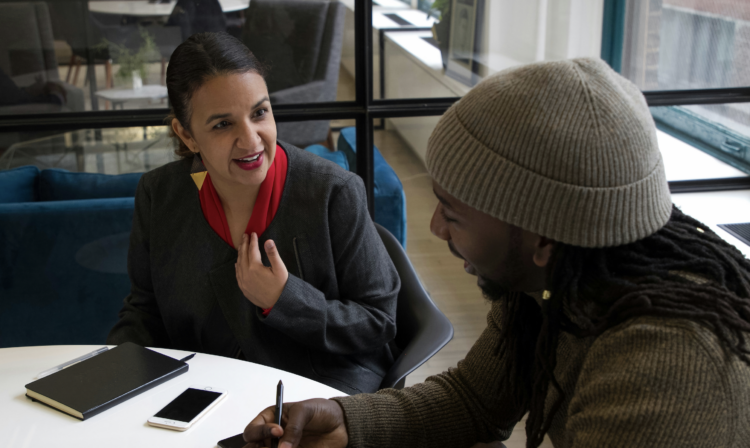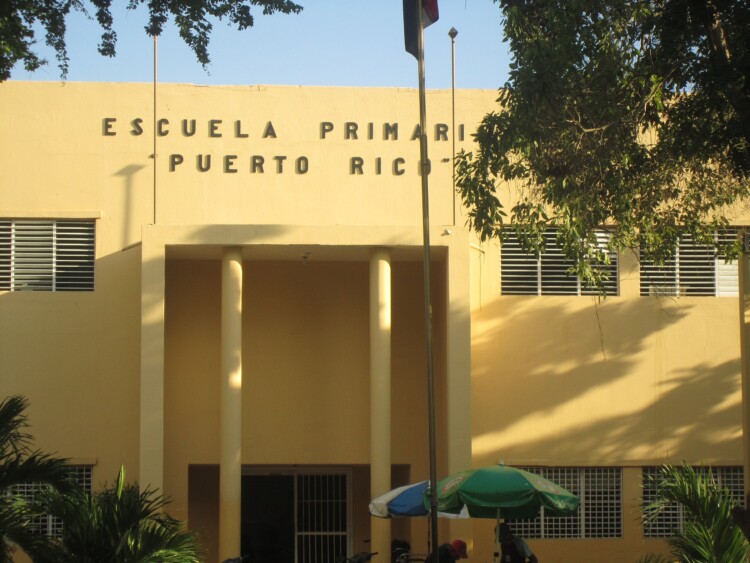Many in Washington have been waiting for education legislation to be taken up by Congress. While slow but steady progress is occurring on the reauthorization of the Elementary and Secondary Education Act, also known as No Child Left Behind, there are other important pieces of legislation languishing in the queue.
The Educational Sciences Research Act (ESRA) may not have as much name recognition as NCLB, but it is nonetheless an important part of the nation’s education agenda. Like so many other pieces of education legislation, ESRA has been waiting for reauthorization. A bipartisan bill to reauthorize ESRA was introduced during the last Congress, but went nowhere. In February, the Senate Committee on Health, Education, Labor, and Pensions again took up the bill and held a markup. But while these actions offer a modicum of hope, there is still plenty to do before ESRA is officially reauthorized.
As Executive Director of the Center on Education Policy, I spend a great deal of time thinking about the divisions between research, policy, and practice. The political nature of education policy—especially at the federal level—almost demands of policymakers a leap-before-you-look approach, where one first determines a policy and only then looks for research to validate the decision. Unfortunately, though, there is rarely a robust body of evidence undergirding the policy.
There are many reasons why this happens. First, the timelines and expectations of policymakers are out of sync with how most researchers approach their work. High quality scientific research takes time and researchers will wait years to validate the impact of an intervention. Ironically, adhering to strict scientific standards usually means that the evidence becomes available long after it was needed to inform a decision. If you are a researcher, you may be comfortable with waiting years for answers. But if you are a policymaker, the uncertainty and time-intensive aspects of gold-standard research can be unrealistic—even though the need for reliable, valid evidence to support policy or program decisions makes perfect sense.
It is time for all of us to give education research the attention it deserves.
To evaluate a particular policy or program, policymakers need timely information about multiple aspects of implementation. They can’t wait five or ten years for the results of a randomized control trial, and will therefore often rely on advocates for advice. Not surprisingly, this advice usually reflects the needs of whatever group or cause the advocates have taken up.
Teachers and education leaders in the field face their own kind of challenges when it comes to using research to improve their practice. Research–practice partnerships are desirable because, in theory, researchers are working directly with a school or district, thus maximizing the relevance of the results. The value of partnerships—where relationships between researchers, policymakers, and practitioners are cultivated—cannot be overstated. They provide the infrastructure for mutual concerns to be discussed and research agendas formulated to meet the needs of all the actors.
The new book Using Research Evidence in Education, delves into why practitioners and policymakers often do not use research to inform and improve their work. In each example, we see that while practitioners and policymakers often have the intention to use research to guide and improve their work, various issues inhibit the process. For instance, we are reminded that most school district central offices are not necessarily bastions of “continuous improvement.” To the contrary, the culture and climate of district central offices (especially in larger districts) tends to be insular and hard to change. The effective use of research evidence in education, the book suggests, is a complex and time-intensive process that requires trust and collaboration, often with outside intermediaries who can help facilitate or broker the understanding and use of research. The relationships and social ties formed with those intermediaries actually play a surprisingly important role in the use of evidence among policymakers and practitioners. In this age of data analytics and high stakes evaluations, it’s heartening to know that personal relationships and social ties still have an important role to play.
It may be wishful thinking to expect a reauthorized Education Sciences Research Act to address all the important insights Using Research. But if the process to reauthorize ESRA can open the door to more conversations about how research evidence can best support policy and practice, then we are all the better for it. No matter where we find ourselves within the education landscape, no matter what role we play, each one of us has a vested interest in learning from what we are doing and what has already been done. It is time for all of us to give education research the attention it deserves.




